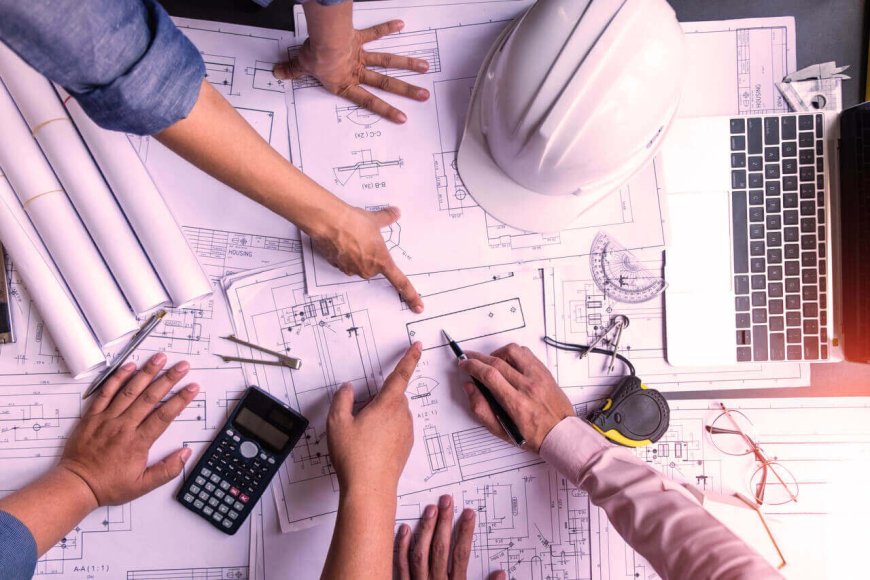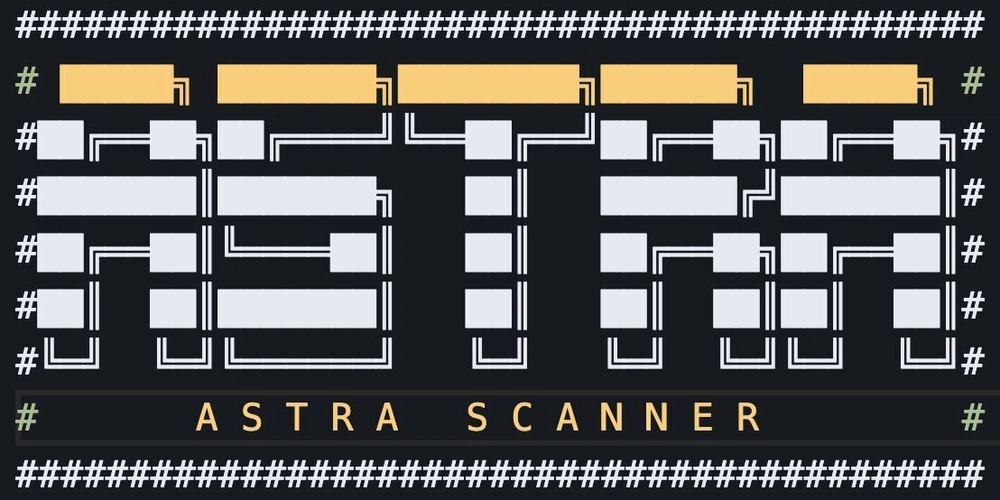Engineering Consultancy in Iraq: Paving the Way for Innovative Infrastructure Futures

Iraq, a nation undergoing significant reconstruction and development, relies heavily on the expertise of various sectors to rebuild its infrastructure and economy. Among these, Engineering Consultancy in Iraq plays a pivotal role in providing technical expertise, innovative solutions, and strategic planning for a wide range of projects. From rebuilding cities to developing sustainable energy sources, engineering consultancies are essential for Iraq's progress. This article explores the significance of engineering consultancies in Iraq, the services they offer, the challenges they face, and how they contribute to building a sustainable future.
The Vital Role of Engineering Consultancy in Iraq
Engineering Consultancy in Iraq is crucial for:
1. Infrastructure Development: These consultancies offer design, planning, and supervision services for infrastructure projects such as roads, bridges, water treatment facilities, and power plants.
2. Reconstruction Efforts: They play a key role in rebuilding cities and towns damaged by conflict, ensuring that reconstruction projects are sustainable and resilient.
3. Energy Sector Support: Given Iraq's rich oil and gas reserves, engineering consultancies provide expertise in energy-related projects, promoting efficient and sustainable energy production.
4. Environmental Sustainability: They help develop environmentally friendly solutions for waste management, pollution control, and water conservation.
5. Quality Assurance: Engineering consultancies ensure that projects meet international standards for quality, safety, and sustainability.
6. Economic Growth: By facilitating efficient and sustainable development, these consultancies contribute to economic growth, job creation, and improved living standards.
Services Offered by Engineering Consultancies in Iraq
The services provided by Engineering Consultancy in Iraq are diverse and comprehensive, including:
· Feasibility studies are in-depth evaluations carried out to ascertain whether suggested initiatives are feasible.
· Design and Engineering: Developing detailed designs for infrastructure, buildings, and other structures.
· Managing projects from start to finish and making sure they are finished on schedule and within budget is known as project management.
· Environmental Impact Assessments: Assessing possible environmental effects of projects and creating plans to mitigate them.
· Quality Control: Implementing quality control measures to ensure that projects meet the highest standards of safety and performance.
· Technical Training: Providing training to local engineers and technicians, building local capacity and expertise.
Challenges Faced by Engineering Consultancies in Iraq
Notwithstanding their significance, engineering consultancies in Iraq suffer a number of difficulties:
1. Security Concerns: The ongoing security risks in certain regions can hinder project implementation and pose safety concerns for personnel.
2. Political Instability: Project approvals may be delayed and uncertainty may arise due to political instability and governance issues.
3. Infrastructure Deficiencies: Inadequate infrastructure, such as unreliable power supply and transportation networks, can complicate project logistics.
4. Bureaucracy and Corruption: Red tape and corruption can raise expenses and prevent projects from being approved.
5. Skilled Labor Shortages: A shortage of qualified engineers and technical professionals can affect the quality and pace of project implementation.
6. Economic Instability: Economic fluctuations can impact project funding and investment decisions.
MUE Group: A Leading Engineering Consultancy in Iraq
MUE Group is a leading provider of Engineering Consultancy in Iraq, committed to driving sustainable development and building a resilient future for the nation. The dedication to quality, safety, and innovation sets MUE Group apart.
The Future of Engineering Consultancy in Iraq
The future for Engineering Consultancy in Iraq looks promising, as the country continues to rebuild and modernize. Key trends shaping the industry include:
· Sustainable Development: An increasing emphasis on sustainable building practices, renewable energy, and environmental conservation.
· Technological Innovation: The adoption of advanced technologies, such as BIM (Building Information Modeling) and GIS (Geographic Information Systems), to improve project design and execution.
· Capacity Building: Investments in training and education to develop a skilled workforce and promote local expertise.
· Public-Private Partnerships: The increasing use of public-private partnerships to finance and implement infrastructure projects.
Conclusion
Engineering Consultancy in Iraq is essential for driving sustainable development and building a prosperous future for the nation. By providing expert guidance, innovative solutions, and a commitment to quality, these consultancies are shaping Iraq's tomorrow. As Iraq continues its journey of reconstruction and growth, the role of engineering consultancies will become increasingly critical in realizing the nation's full potential. MUE Group exemplifies the dedication, expertise, and ethical commitment necessary to succeed and contribute to Iraq’s sustainable development.
























































































